
Does Your Body Really Replace Itself Every 7 Years?
Does Your Body Really Replace Itself Every 7 Years?
It's a beautiful idea, when you think about it: You can leave the old you behind and become a completely new person every seven years. Unfortunately, it's just not true. Chances are you can't actually remember where you heard this, but the truth is that the seven-year myth isn't even a rough average of every cell's lifespan.
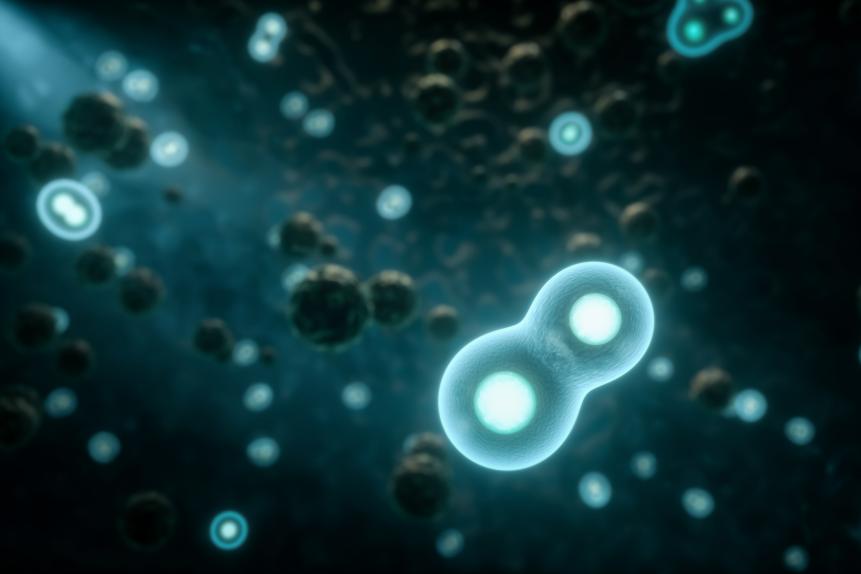
Getty Images/Altayb
The Birth of a Cell
To understand how often your cells replace themselves, you need to understand how cells come into being in the first place. Your body can make new cells in a couple of ways. First, existing cells can divide via a fairly simple process called mitosis. During mitosis, a parent cell splits into two new cells. These new cells, called daughter cells, are basically copies of the original cells.
The second way that cells are created is from stem cells. These are special cells found throughout the body, although in lower numbers. They're able to not only create copies of themselves via mitosis but also make new "specialized" cells. Specialized cells include blood cells and nerve cells, which can't make copies of themselves.
To control the growth of new cells, old cells also need to die. For example, the spaces between your fingers and toes are partly due to cell death when you are born — this programmed cell death is required in order to prevent you from having webbed hands and feet. After some time, all cells eventually shrivel and die.
Cellular Differences
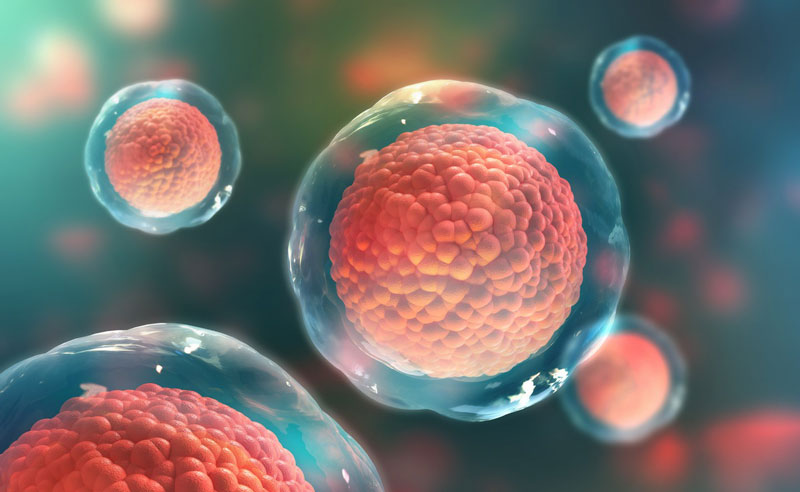
But not every cell's lifespan is the same. For example, the cells that line your stomach can renew as fast as every two days, since they're often in contact with digestive acid. Cells that make up your skin are replaced every two to three weeks. As the main protection against the environment, your skin needs to be in top shape.
Red blood cells, meanwhile, last for about four months. White blood cells, the main players in fighting infections, can last from a few days to a little over a week. In contrast, your fat cells live a fairly long time — an average age of 10 years. The bones in your body also regenerate about every 10 years.
If you think 10 years is a long time, you haven't seen anything yet. Other parts of your body are just as old as you are. For example, you only get one brain. Brain cells don't regenerate as you age, although recent studies say that cells in your hippocampus, the part responsible for memory, can regrow. Your tooth enamel is never replaced, and the lenses of your eyes are also with you for life.
Your body is made up of different cells, each with different functions and lifespans. Just as you need to replace the tires on a car more often than the transmission, some parts of your body need to be refreshed sooner than others. Even after all this replacement, though, you're never really a whole new you. When it comes to certain cells, you're stuck with them for life.
News in the same category


The Brainstem and Pain: New Research, New Understanding
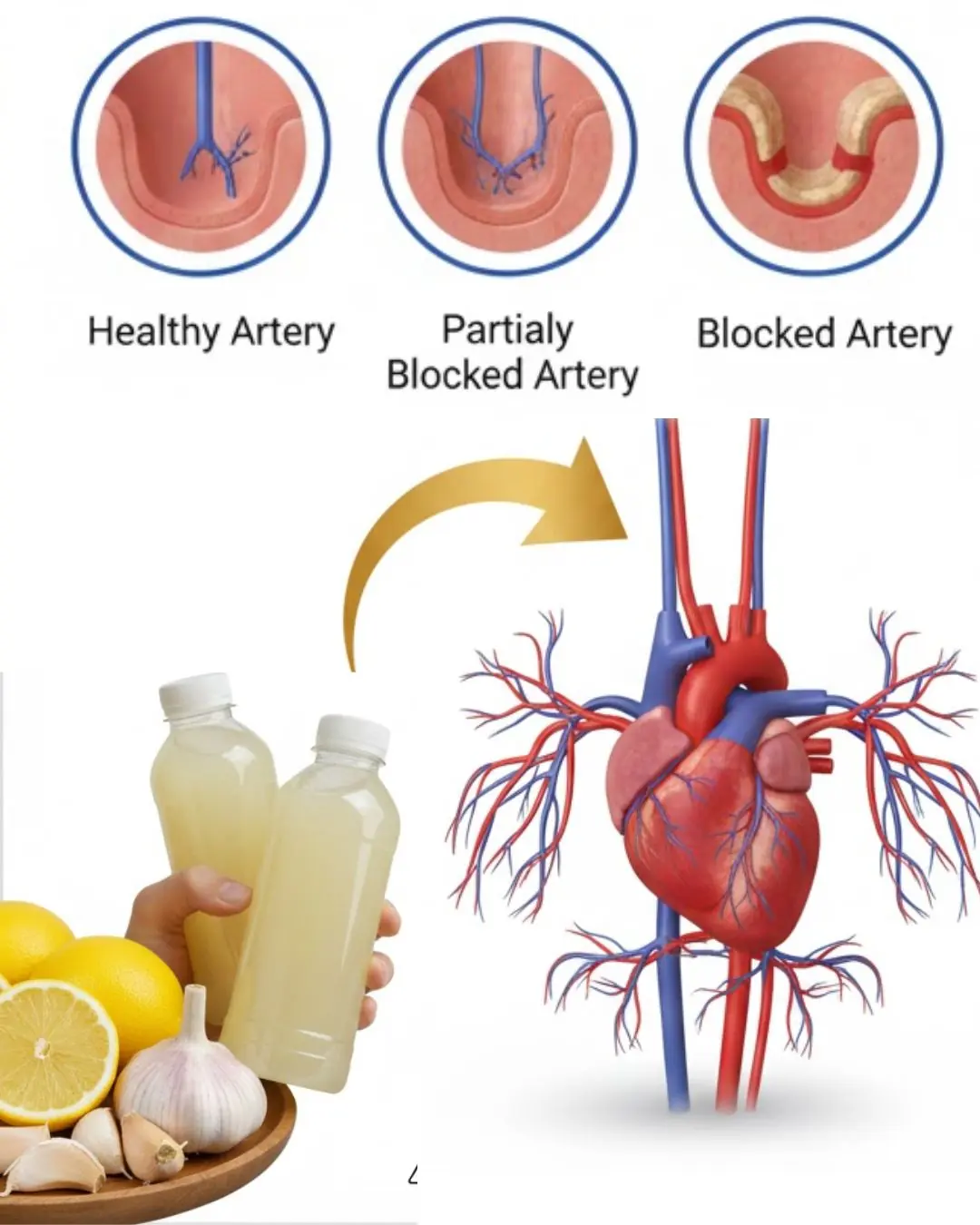
Could a Simple Bedtime Drink with Three Common Ingredients Support Your Heart Health?

Between Supplement Hype and Evidence: A Clinical Guide for Informed Use

Current Cardiac Screening Tools Miss Nearly Half of First Heart Attacks, Study Finds

Could Bone Broth Support Healthy Knee Cartilage as You Age?
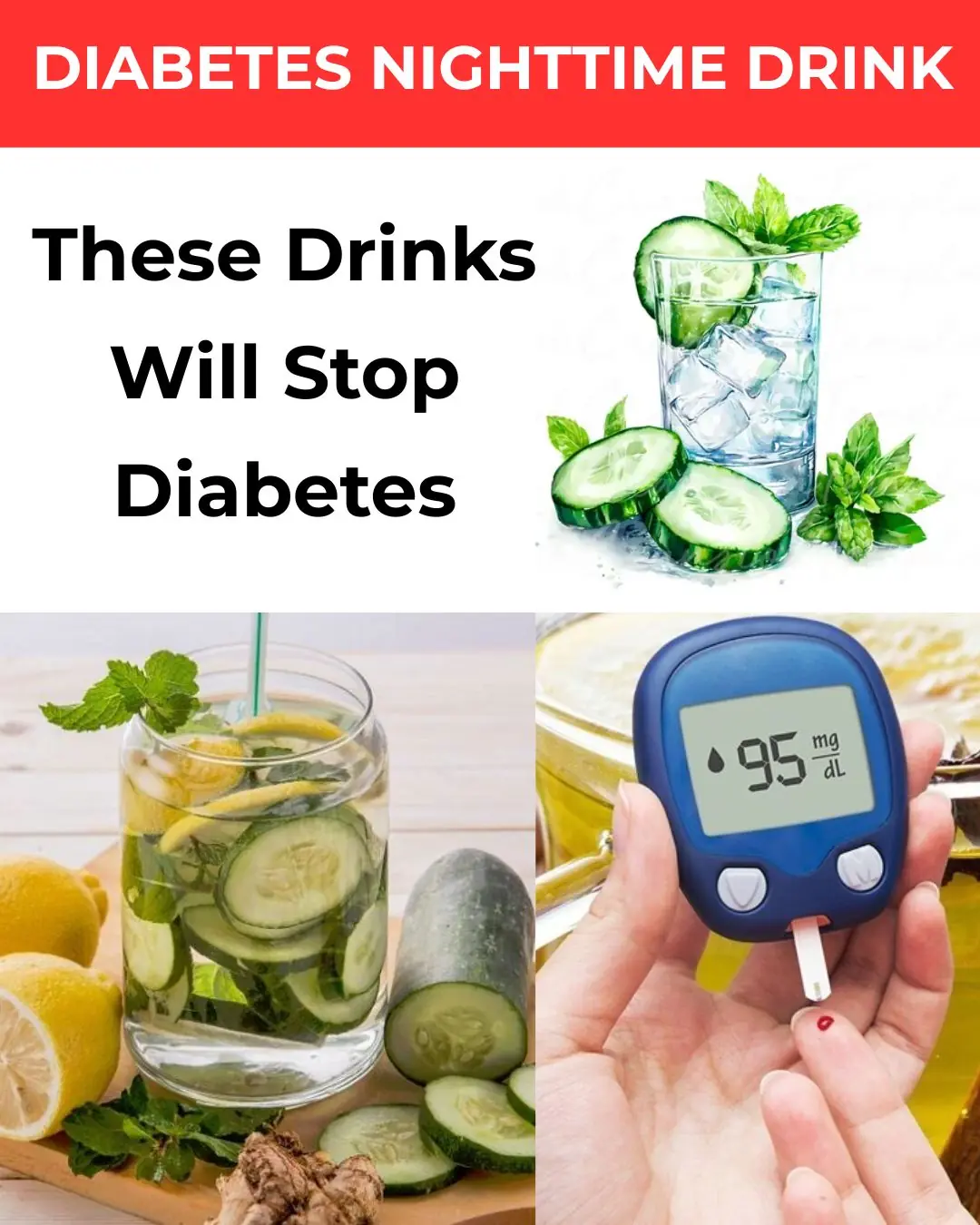
Top 7 Best Drinks Diabetics Can Enjoy at Night to Support Healthy Blood Sugar Levels!
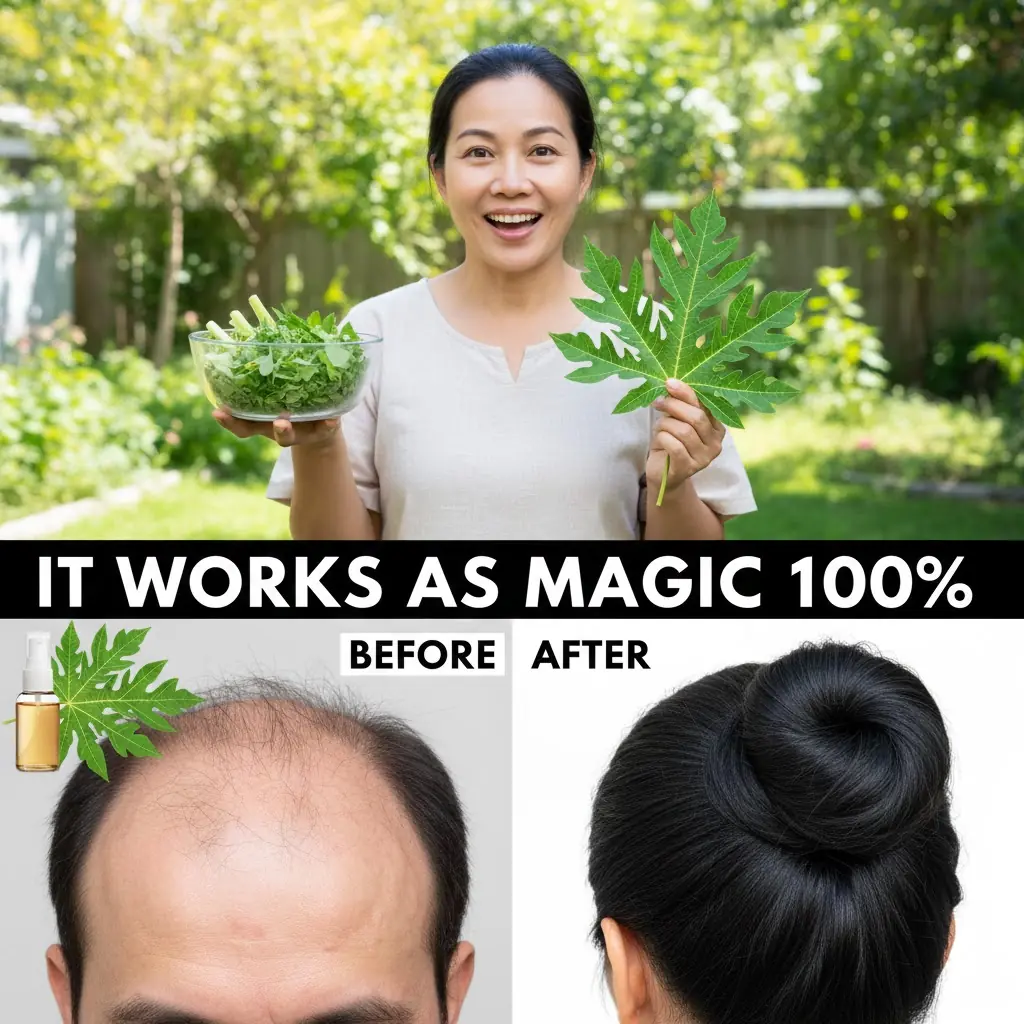
Papaya Leaves for Hair: A Natural Way to Support Healthier, Shinier Strands

Protect Your Eyes Naturally: 3 Powerful Seeds and 1 Fruit Every Senior Should Know About

Power Naps: The Benefits, How Long They Should Be, and When They Work Best

5 Early Signs and Symptoms of Ulcerative Colitis

8 Potential Health Benefits of Kombucha

Diagnosed with End-Stage Stomach Cancer, I Painfully Realized: 3 Foods Left Too Long in the Refrigerator Can Become “Accomplices” to Cancer

5 Detox Baths to Remove Aches, Pains and Toxins + Fragrant Bath Melts Recipe
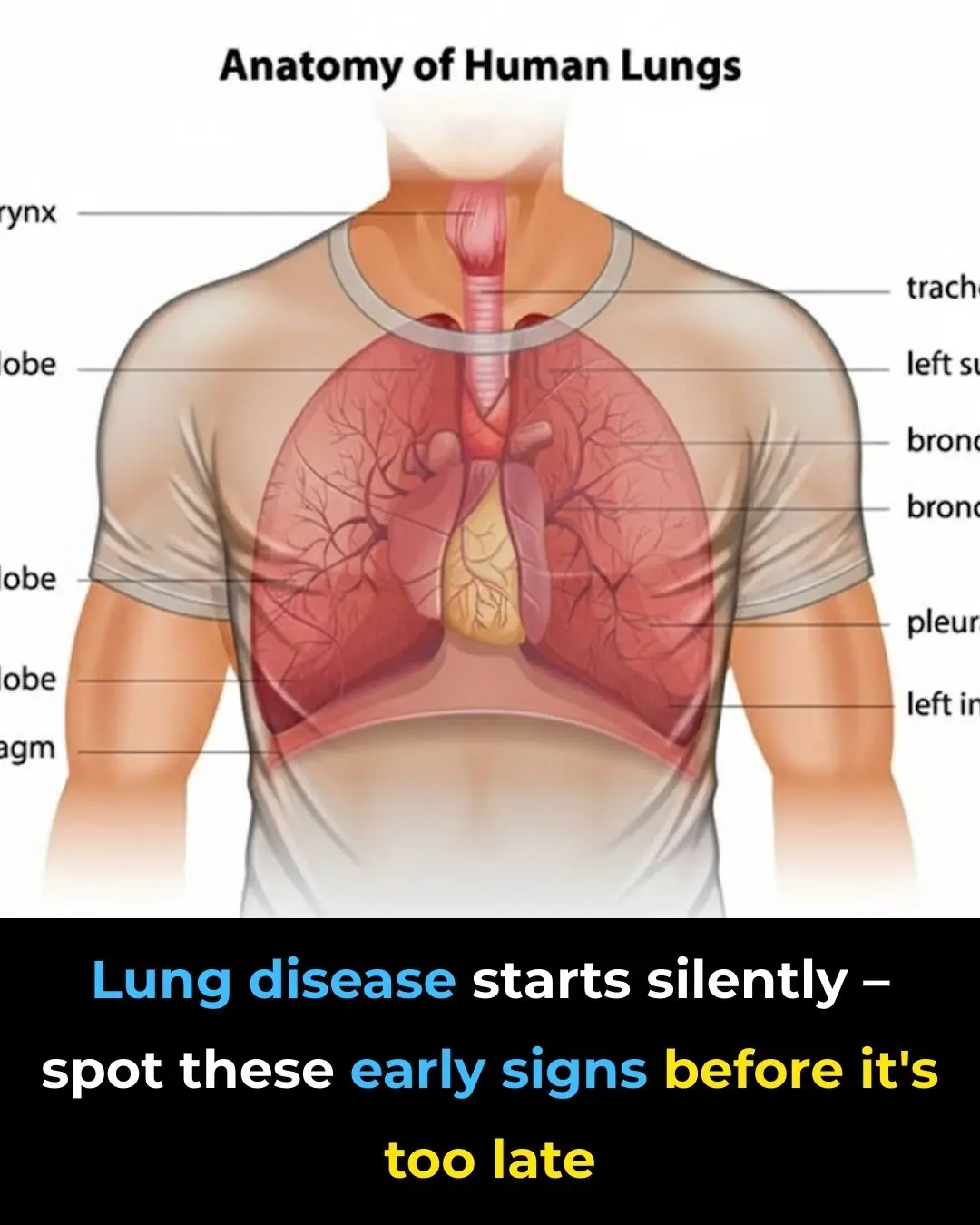
Early Signs of Lung Disease & How to Strengthen Your Lungs

5 things you absolutely SHOULDN'T do in the morning if you don't want your cancer cells to "grow like wildfire"

Emerging Flu Variant ‘Subclade K’ Raises Global Health Concerns Across the US, UK, and Beyond
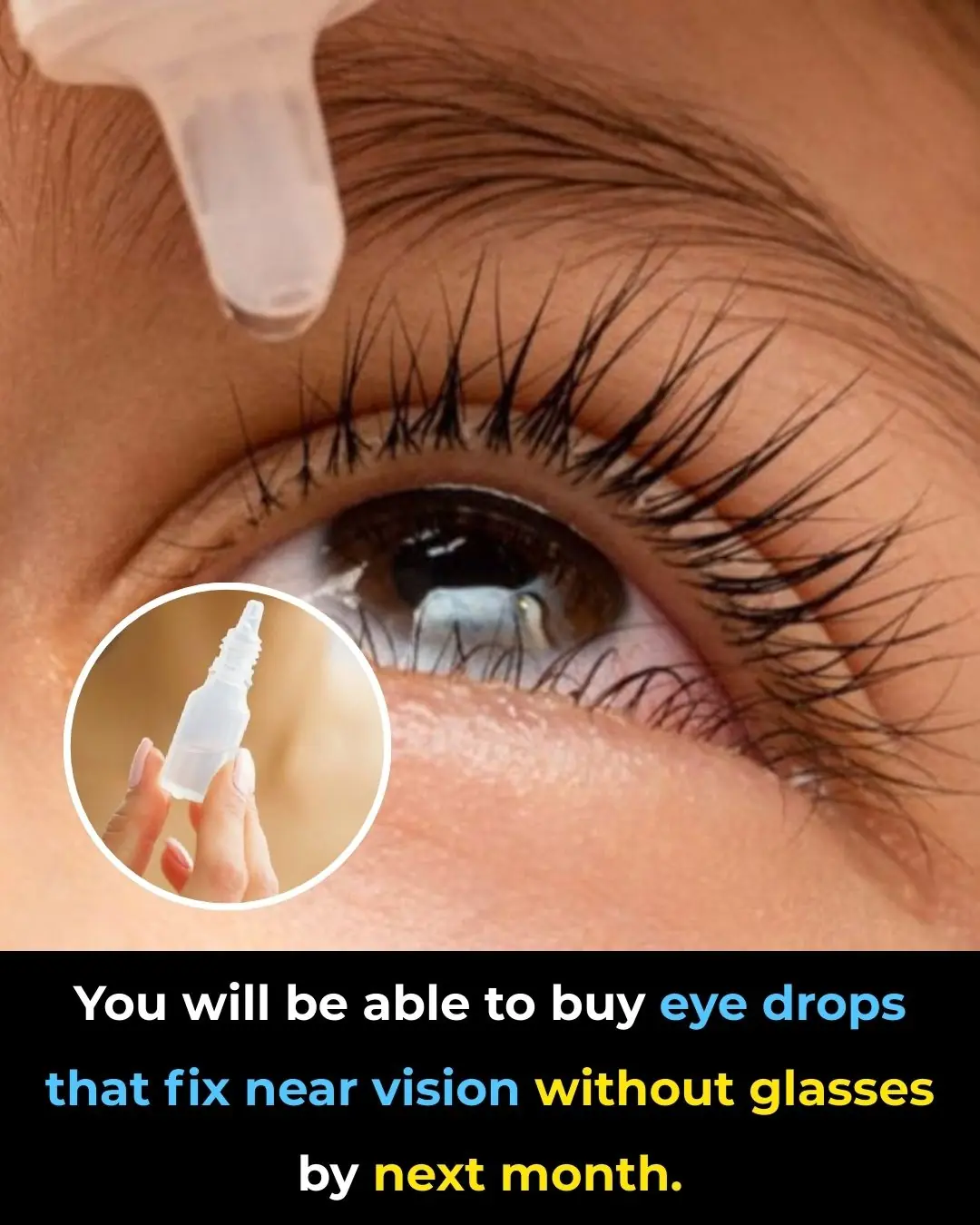
A New Alternative to Reading Glasses: Eye Drops for Age-Related Near-Vision Loss

Sip These 4 Crimson Nightcaps—Watch Creatinine Whisper Down While Your Kidneys Heal Overnight

Unlock Vibrant Aging with This Ruby-Red Hibiscus, Avocado & Clove Elixir
News Post

After 30 years of my life, I learned that microwave ovens have this function

Tapering Antidepressants: What Strategy Works Best?

The Brainstem and Pain: New Research, New Understanding

Black Mold on Refrigerator Door Seals? Use This Simple Trick to Clean It in Just 5 Minutes

Five Extremely Dangerous Types of Meat You Should Avoid

10 Probiotic Foods to Improve Your Gut Health Naturally

Could a Simple Bedtime Drink with Three Common Ingredients Support Your Heart Health?

What kind of fruit is so familiar that most people eat it when it's ripe but don't know that the green fruit is considered the "architect" of the intestines?

A TV Viewer’s Sharp Eye Helped Save Flip or Flop Star Tarek El Moussa’s Life

Graduate Kneels to Thank Brother Who Gave Up School for Her

32 Years of Service: Community Saves Elderly Carabao in the Philippines From Slaughter

A Father at Work, a Baby’s Smile, and a Moment That Touched Millions

Jordyn Woods is engaged to Karl-Anthony Towns — see the massive engagement ring set to spark trends in 2026

A New Global Atlas Maps Every Building on the Planet in Unprecedented Detail

A Bed on Wheels: A Chinese Inventor’s Unusual Take on Personal Transportation

Planting Love That Endures: The Heart-Shaped Forest of Winston Howes

Between Supplement Hype and Evidence: A Clinical Guide for Informed Use

Current Cardiac Screening Tools Miss Nearly Half of First Heart Attacks, Study Finds

Canada Moves Toward Ending Captivity of Elephants and Great Apes
